
Rusal processed and sold about 50% of its smelters’ waste in last 10 years

"Reducing the volume of waste, limiting waste generation, increasing processing and recycling are all key elements of the Company's strategy to boost its sustainability efforts and reduce its impact on the environment. For example, RUSAL’s Sayanogorsk industrial site already processes or sells over 90% of waste produced. The ongoing development and implementation of new technologies, which are now in the final stages of testing, as well as the modernization of our production facilities will allow to set such ultimate tasks to other facilities of the Company," said RUSAL’s Technical Director Victor Mann.
While continuing the self-processing of its wastes, Rusal also sells out certain types of its wastes as high-value raw materials to other industries, which it intends to increase to 100%. Rusal is increasing co-operation and expanding partnership with domestic and international industrial manufacturers to achieve this goal.
RUSAL has been developing and implementing technological solutions for the usage of previously accumulated waste across the production process and further processing in order to cut down its environmental impact.
The company is also investing in the R&D for processing of red mud, the key waste product of alumina refining, which contains valuable metal oxides like scandium. They refined their technology in 2018 increasing the degree of recovery of rare metals. In 2019, they continued to optimize their technology for scandium oxide production from red mud.
Rusal also processed more than 60% of its spent coal potlining in 2018. Overall, the amount of recycled waste from coal potlining increased by 20% by the end of 2018 as compared to 2009.



Codelco seeks restart at Chilean copper mine after collapse

Uzbek gold miner said to eye $20 billion value in dual listing

Hudbay snags $600M investment for Arizona copper project

BHP, Vale offer $1.4 billion settlement in UK lawsuit over Brazil dam disaster, FT reports

Peabody–Anglo $3.8B coal deal on the brink after mine fire

Minera Alamos buys Equinox’s Nevada assets for $115M
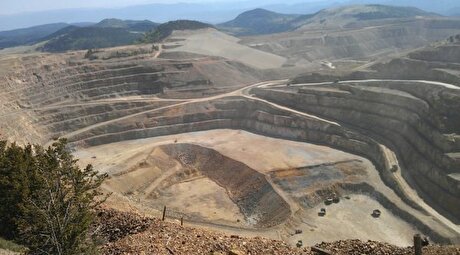
SSR Mining soars on Q2 earnings beat

Century Aluminum to invest $50M in Mt. Holly smelter restart in South Carolina
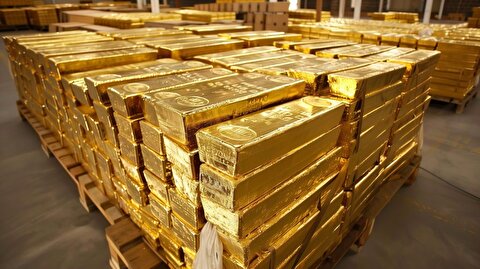
A global market based on gold bars shudders on tariff threat
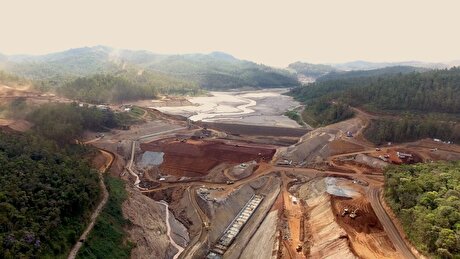
Samarco gets court approval to exit bankruptcy proceedings

US eyes minerals cooperation in province home to Reko Diq
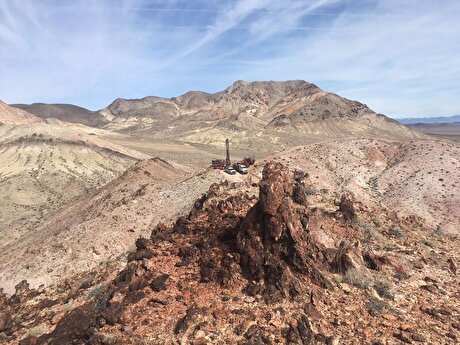
Allegiant Gold soars on 50% financing upsize
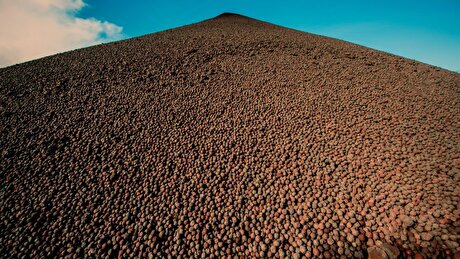
Explaining the iron ore grade shift
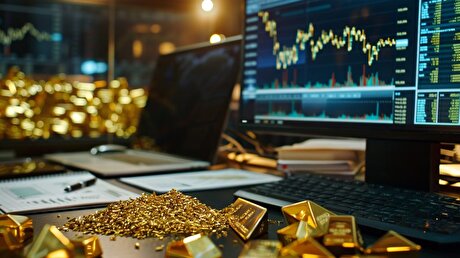
Metal markets hold steady as Trump-Putin meeting begins

Trump to offer Russia access to minerals for peace in Ukraine

Gemfields sells Fabergé luxury brand for $50 million
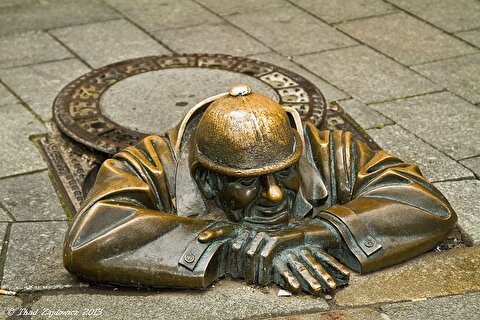
Gold price stays flat following July inflation data
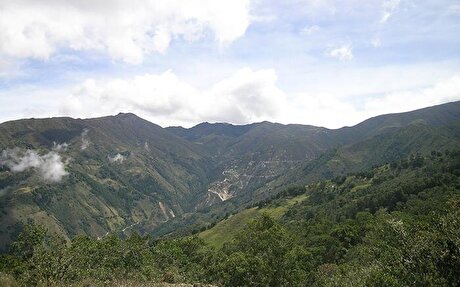
Eco Oro seeks annulment of tribunal damage ruling
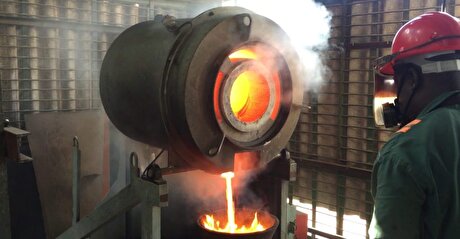
Zimbabwe labs overwhelmed as gold rally spurs exploration, miner says

Samarco gets court approval to exit bankruptcy proceedings

US eyes minerals cooperation in province home to Reko Diq

Allegiant Gold soars on 50% financing upsize

Explaining the iron ore grade shift

Metal markets hold steady as Trump-Putin meeting begins

Trump to offer Russia access to minerals for peace in Ukraine

Gemfields sells Fabergé luxury brand for $50 million

Gold price stays flat following July inflation data

Eco Oro seeks annulment of tribunal damage ruling














